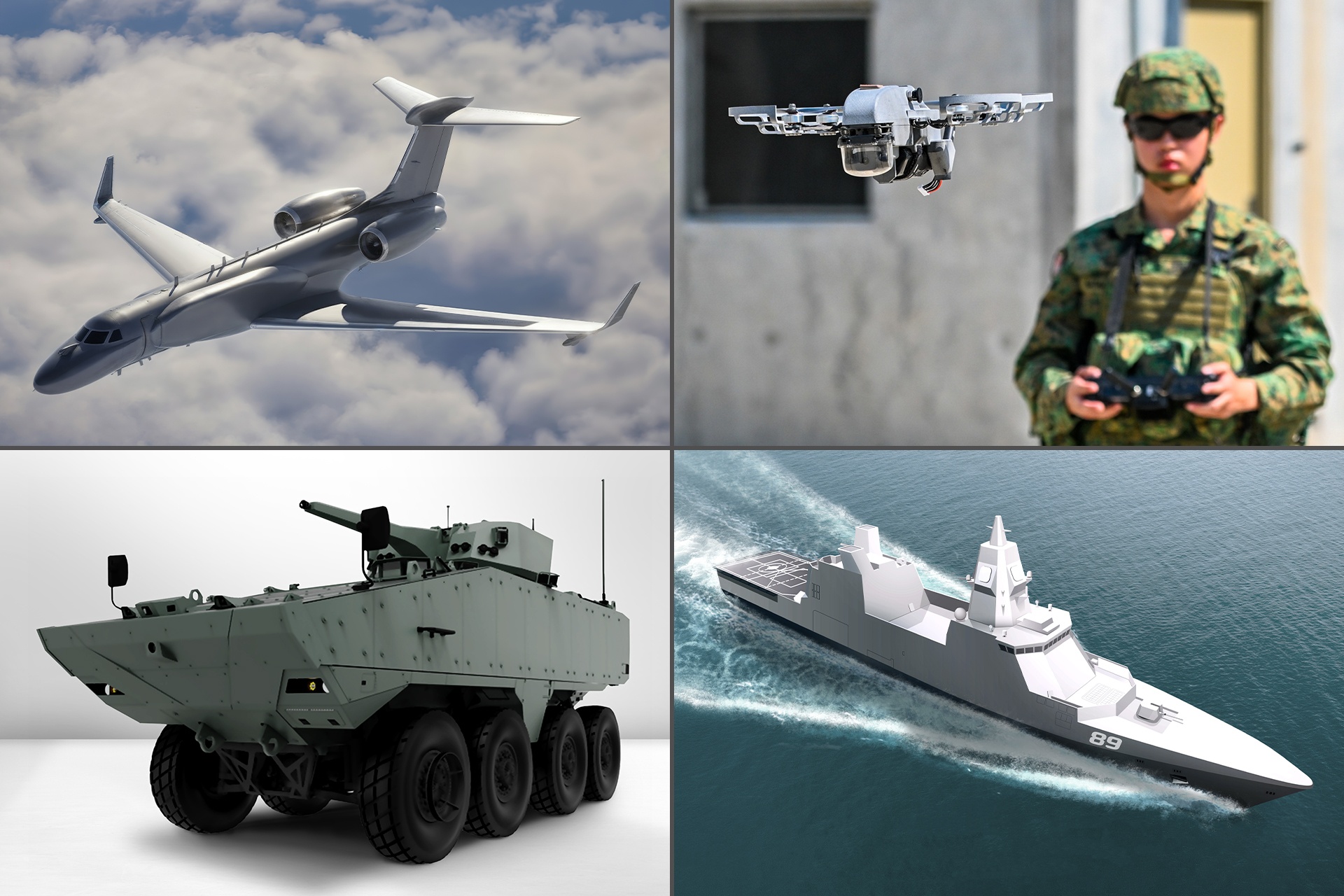OPS & TRAINING
CRITICAL OPERATIONS MUST CONTINUE AS S’PORE FIGHTS COVID-19: DR NG
29 Jun 2020
Maintaining critical capabilities, resuming training and beefing up resources to meet new security challenges – Defence Minister Dr Ng Eng Hen outlines plans for the SAF during and after the pandemic.
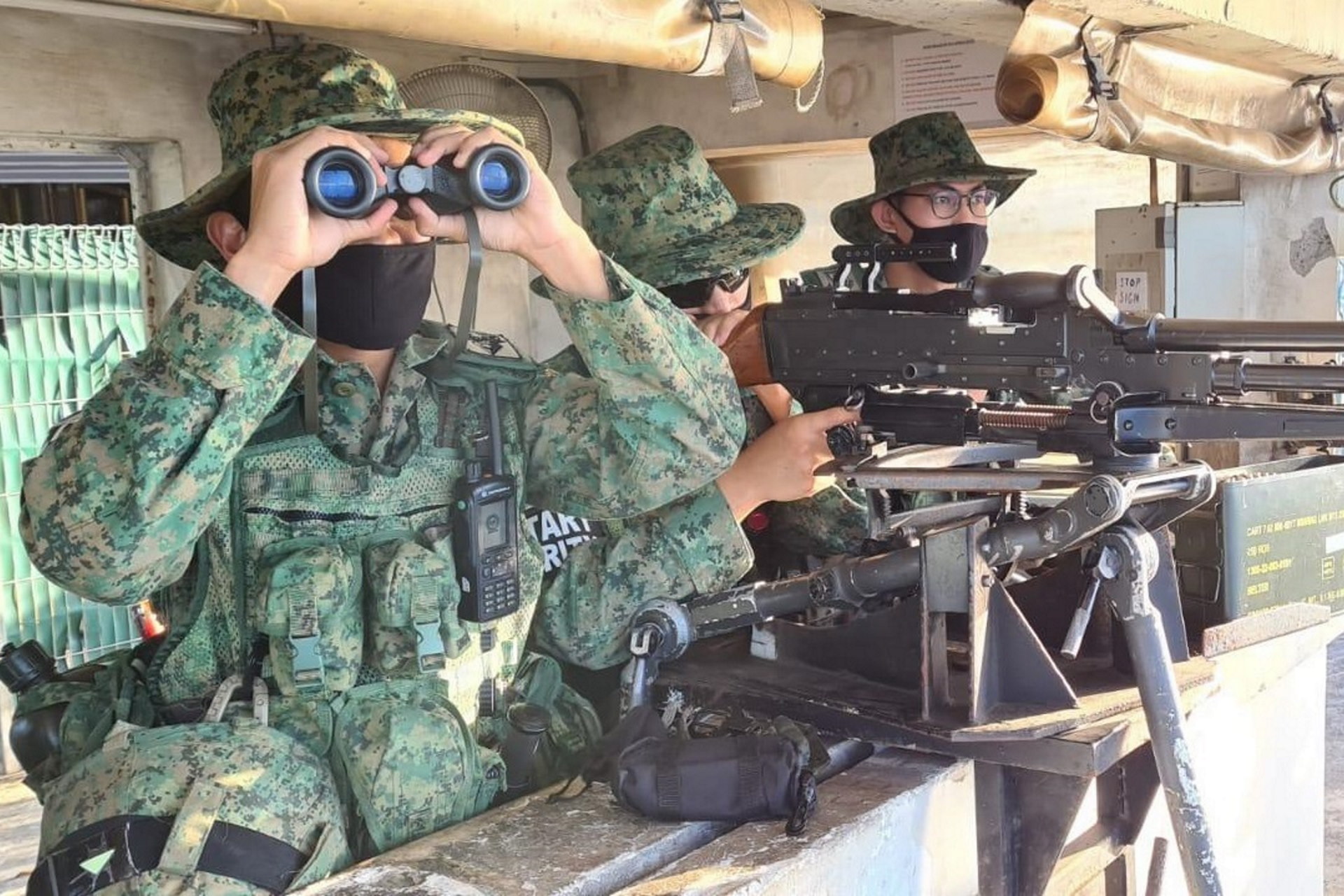
Even in the midst of the COVID-19 pandemic, the Ministry of Defence (MINDEF) and the SAF (Singapore Armed Forces) have not compromised on security operations.
Units continue to perform critical operations such as island defence and the protection of key installations, as well as maritime security, air defence and counter terrorism.
This was made possible through safety measures such as cohorting, and the sacrifices of the servicemen and women who stayed in camp and chose to be away from their families in order to safely do their jobs.
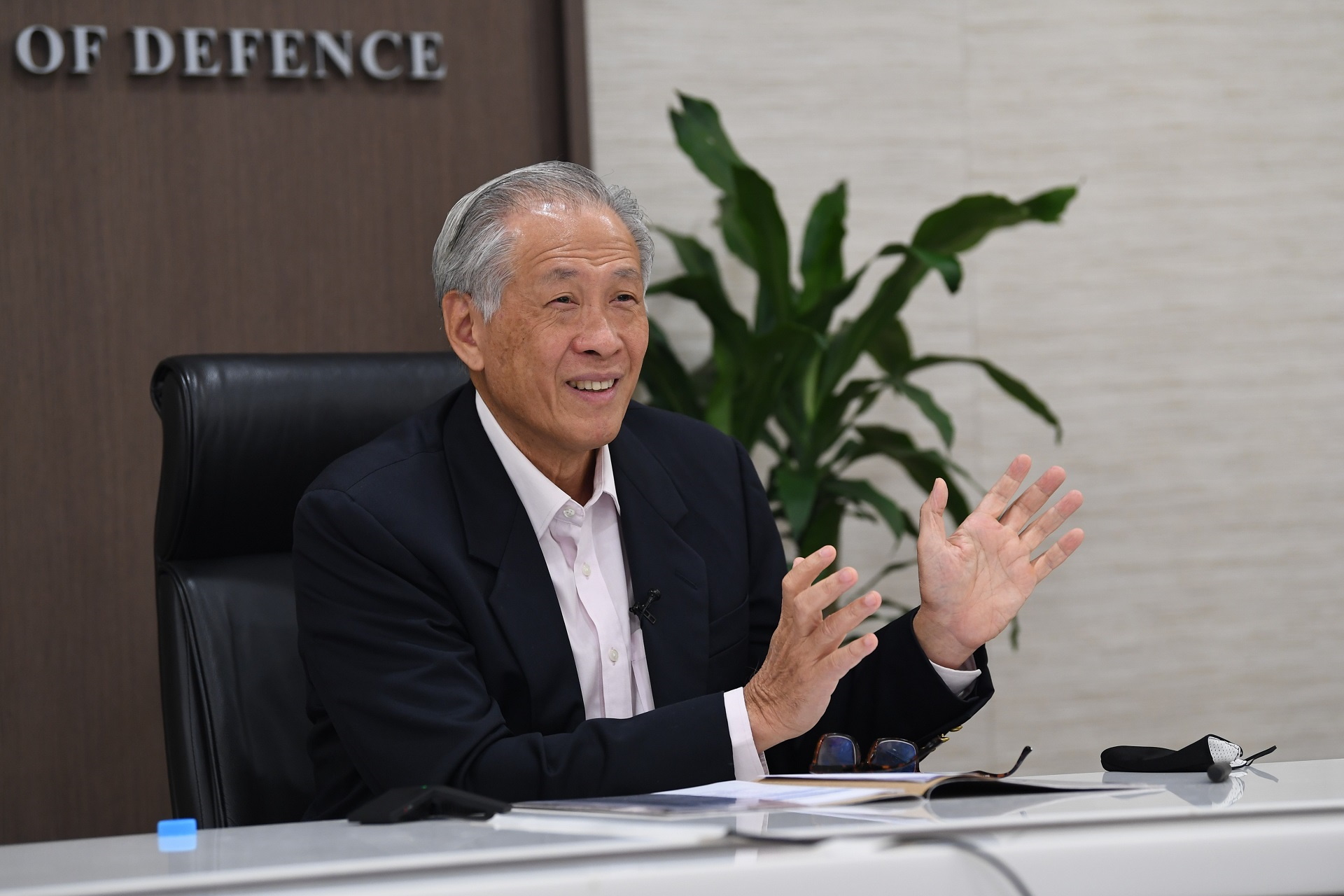
Minister for Defence Dr Ng Eng Hen made this point during in his annual SAF Day interview on 25 May. He was speaking to media via a video teleconference ahead of SAF Day on 1 Jul.
He noted that good planning and execution of the operations were essential for the continued defence of Singapore during the pandemic.
"(There was also) very strong discipline and camaraderie, and people understood their missions."
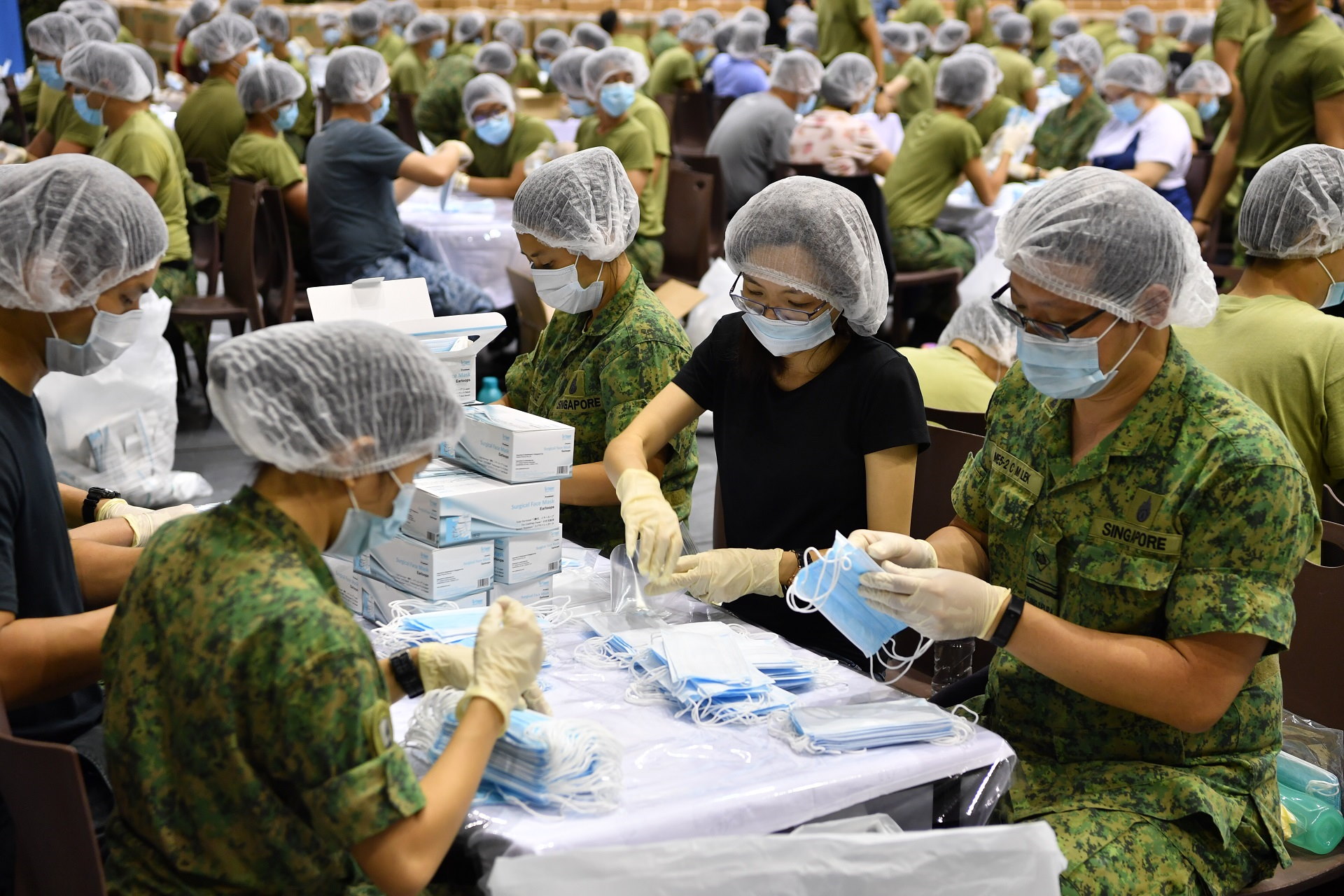
Contributing to COVID-19 operations
Since the outbreak, more than 6,000 servicemen and women from MINDEF, the SAF and MINDEF-related organisations have been involved in national efforts to combat the virus. These included Operationally Ready National Servicemen (NSmen) and former Regulars who volunteered.
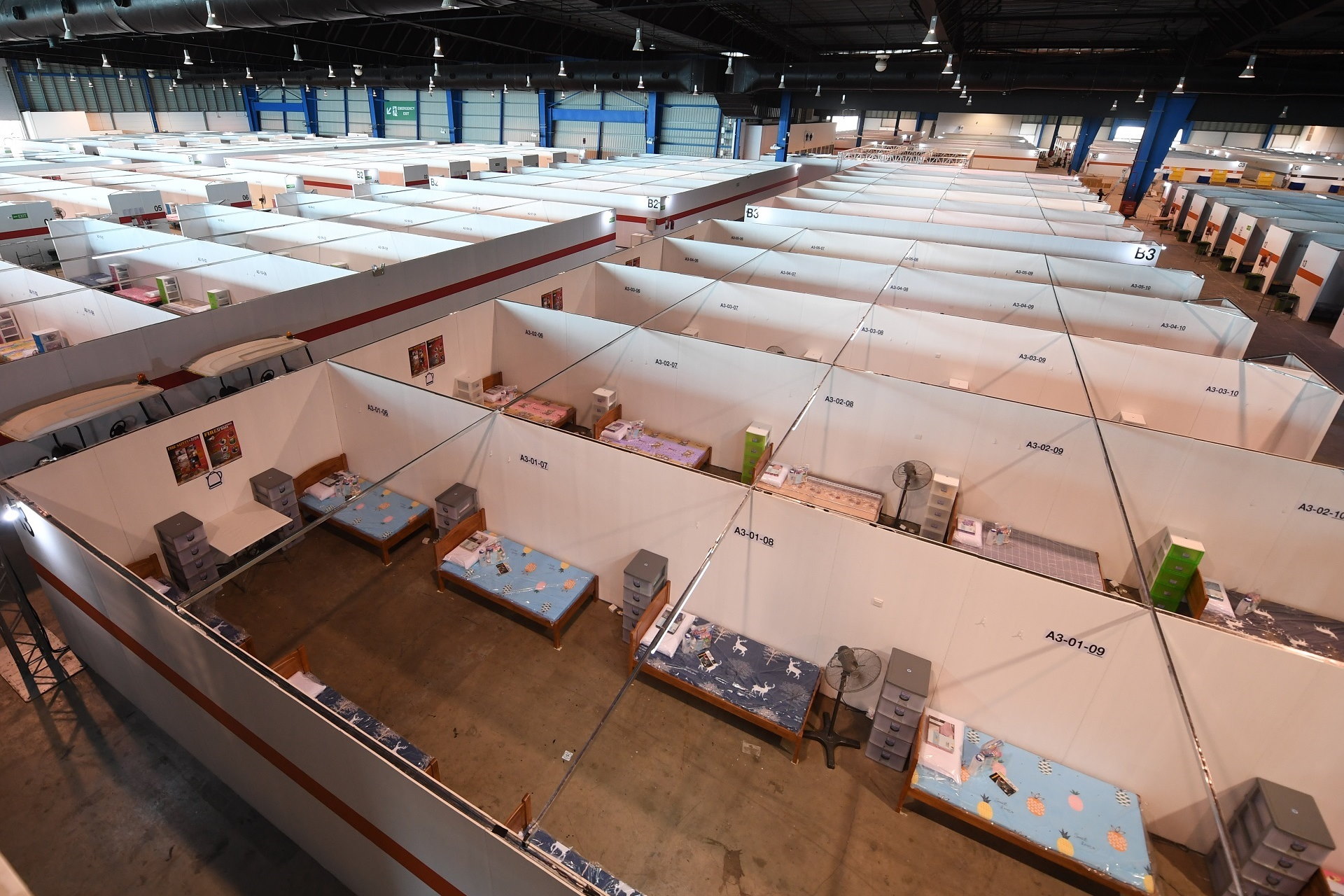
The defence community has spared no effort in the fight against COVID-19 – from contact tracing and distributing masks to setting up facilities and providing medical care.
To date, these facilities have contributed about 10,000 beds and provided care for more than 29,000 patients. All this has helped to prevent the public health care system from being overwhelmed, said Dr Ng.
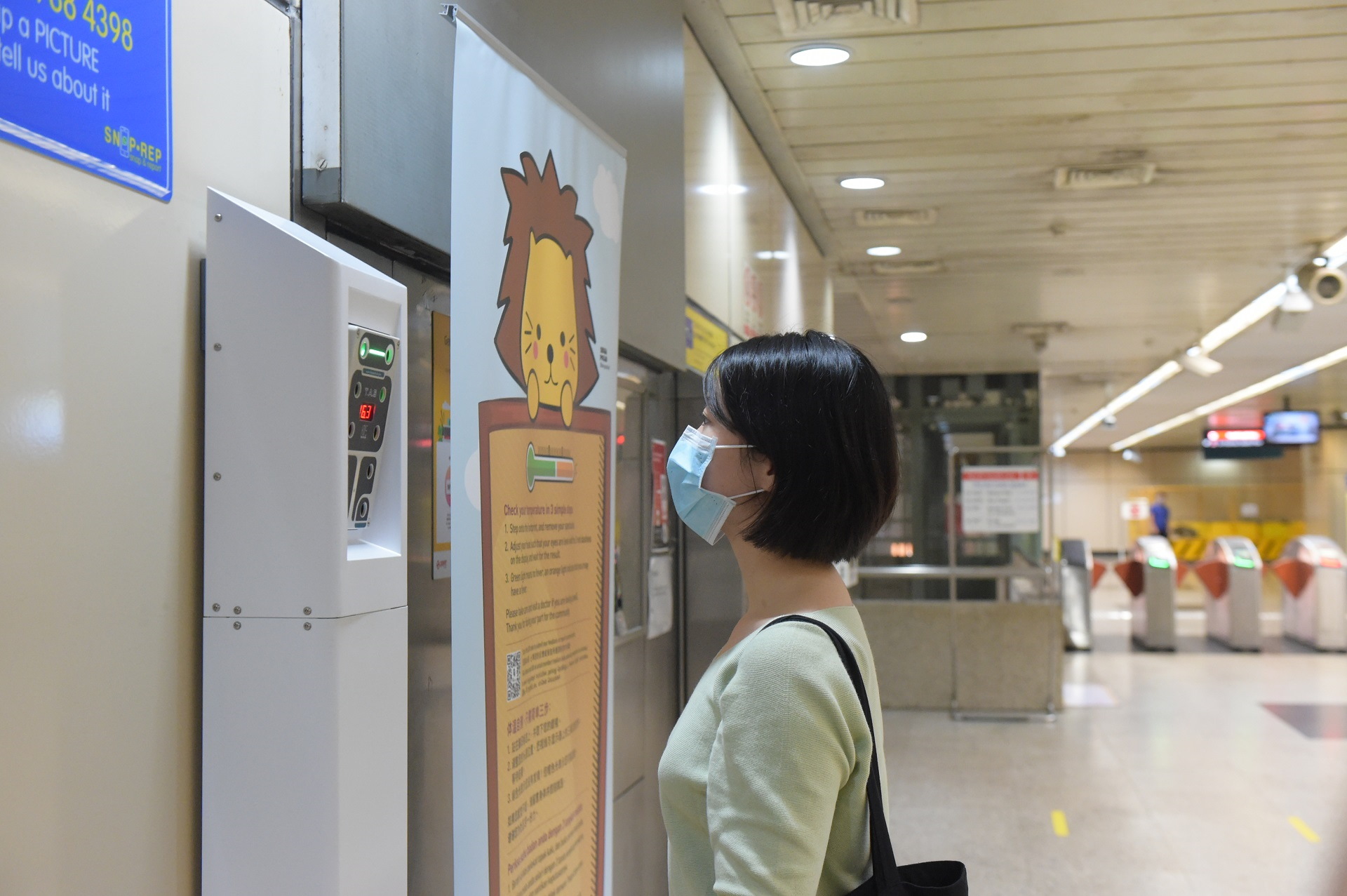
More efforts are also underway as about 1,700 migrant workers move into temporary dormitories at the National Service Resort and Country Club (Kranji) from July.
The defence technology community, such as Defence Science and Technology Agency (DSTA), DSO National Laboratories (DSO) and Singapore Technologies companies, has also stepped up to contribute to the fight against COVID-19 in technological areas. This included developing a temperature self-check system which has been deployed at 70 public transport stations and interchanges from end-June.
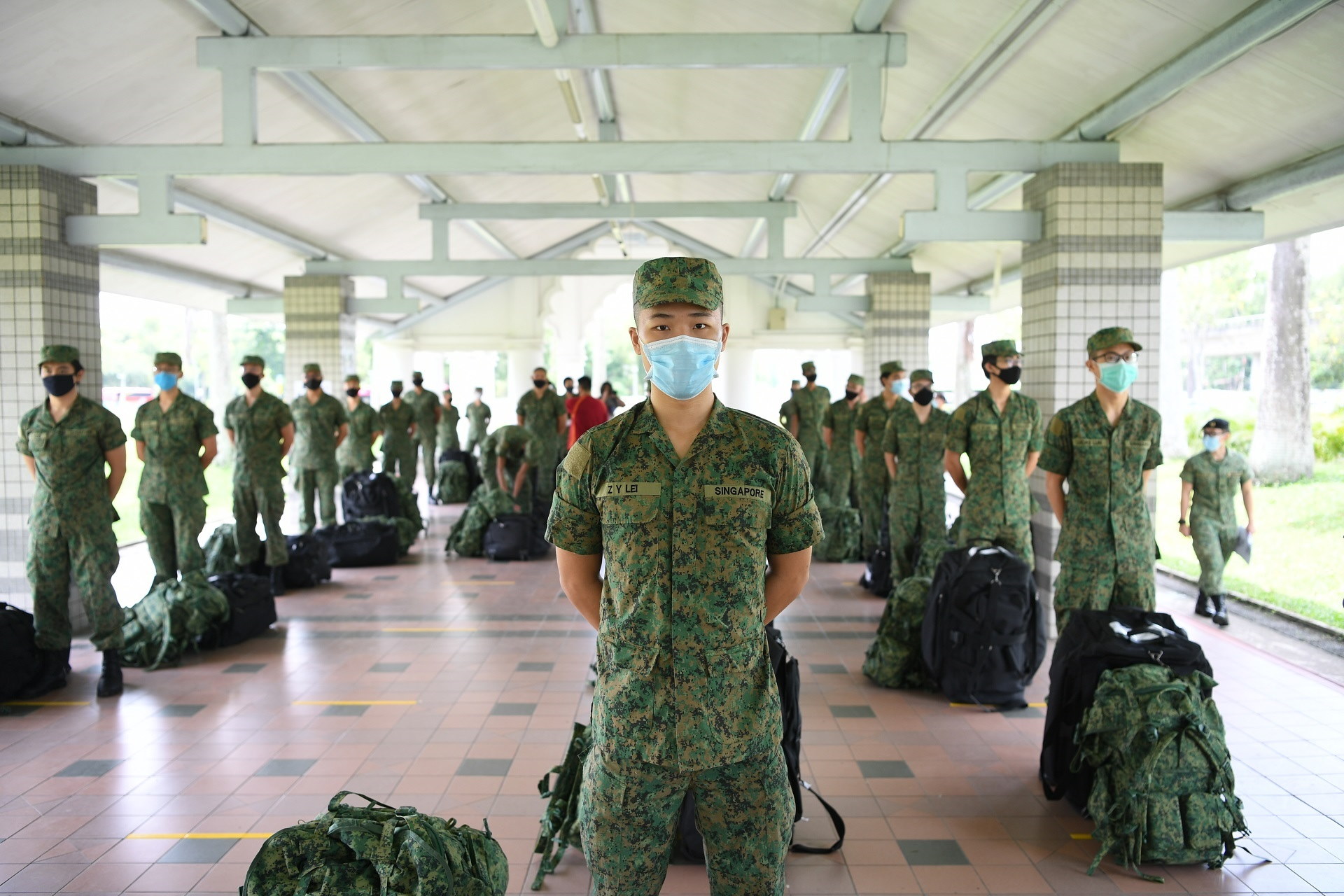
Resumption of training
As Singapore moves into Phase 2, training for soldiers has also gradually resumed.
SAF training schools like the Officer Cadet School and the Specialist Cadet School have been training and operating with health precautions and safety measures implemented. Basic Military Training (BMT), which was suspended during the circuit breaker period, resumed from 26 May.
NSmen can expect In-Camp Training to restart in the coming months, with Individual Physical Proficiency Tests (IPPTs), IPPT Preparatory Training and Remedial Training at the Fitness Conditioning Centres restarting in phases.
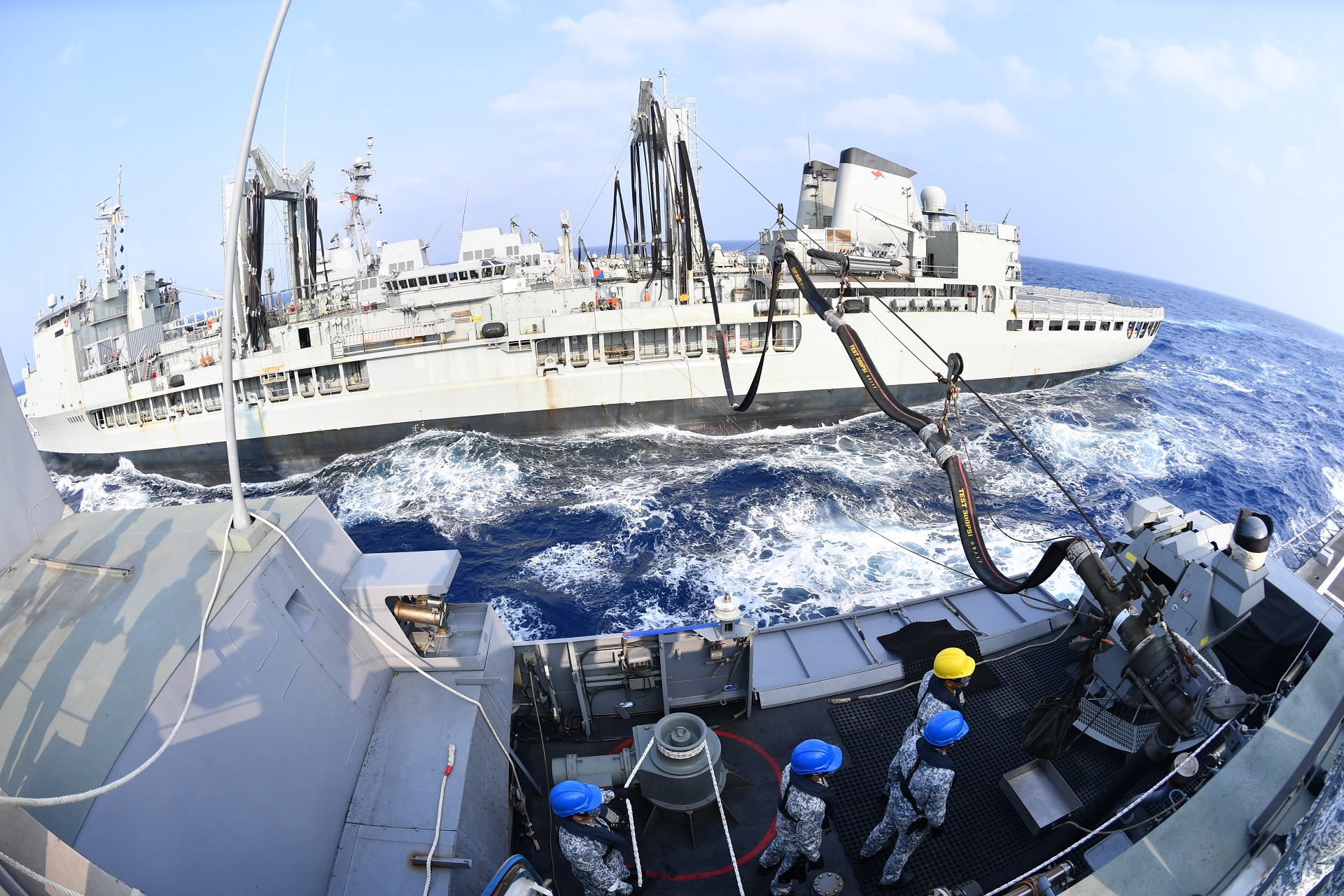
Overseas training will also resume gradually. For instance, the Republic of Singapore Navy's (RSN's) Formidable-class frigate RSS Supreme will be taking part in the Rim of the Pacific exercise, or RIMPAC, come July.
The multinational maritime exercise takes place in the waters off Hawaii and is expected to involve 24 ships from 11 nations. RSS Supreme will be leading a group of ships for warfare training in the exercise.
While there will be no physical meetings among the different countries' personnel during the exercise, RSS Supreme has taken additional precautions of its own.
For example, some of the cabins have been reconfigured into isolation bays. The medical team on board will also be equipped with the means to diagnose COVID-19 infections.
"You have to make sure that you're able to continue operations despite (COVID-19). It's very important for the RSN to make sure that they can do it," noted Dr Ng.
He added that the Republic of Singapore Air Force (RSAF) was working with its Australian counterpart to resume short-term overseas flying training detachments.
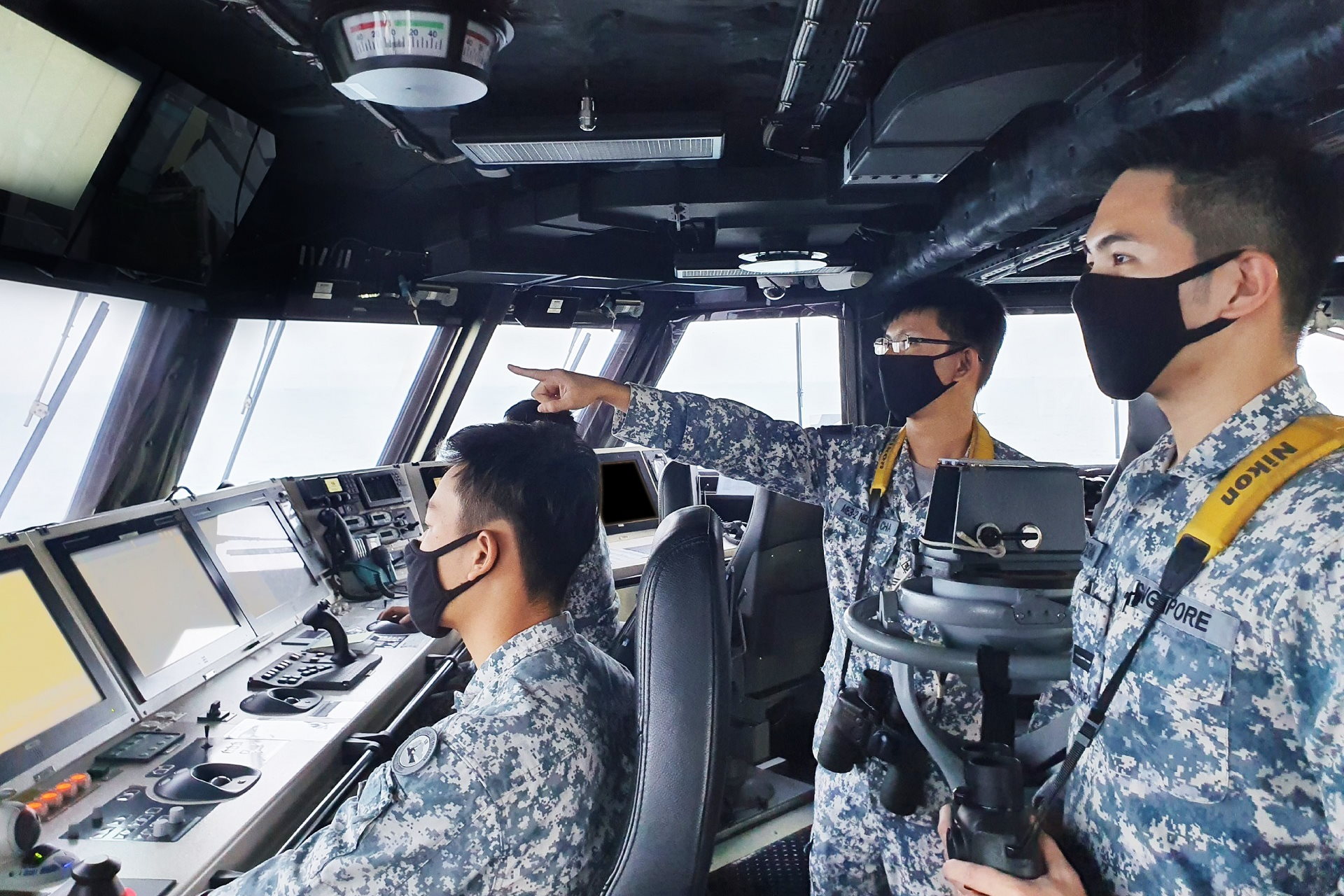
Restructuring units
Beyond the pandemic, the SAF needs to continue to beef up its resources to meet new security challenges. One area, in particular, is maritime terrorism.
"In any single day, more than a thousand ships cross our port. And there has been an uptick in piracy and sea robberies… (This has) expanded the spectrum of threats that the RSN has to deal with," said Dr Ng.
This has led to the restructuring of the RSN's Maritime Security Task Force (MSTF) and Maritime Security (MARSEC) Command, which took place in May.
Originally consisting of just one group, the MSTF now comprises two operational groups: the Sea Security Group and Force Protection Group (FPG).
The former is responsible for maritime security operations – such as daily patrols, surveillance, and boarding and escort operations – in the waters around Singapore.
On the other hand, the FPG defends against seaward threats and is responsible for the defence and enforcement of security at naval bases and installations. In the event of an intrusion from the sea, a quick reaction force will be deployed to protect Singapore's waters.
Developing deeper expertise
To deepen the expertise of RSN servicemen, the MARSEC Command has been restructured into three flotillas.
It previously comprised 182 Squadron (SQN), which operates the Littoral Mission Vessels, and 194 SQN, which operates the mine countermeasure vessels.
The former has been renamed 2nd Flotilla, while the latter is now 6th Flotilla. In particular, the 6th Flotilla will lead the development of unmanned capabilities of surface and underwater craft for the RSN.
Another flotilla – 9th Flotilla – was created to train base defence troopers and sea soldiers.
Said Commander MSTF Colonel Yong Wei Hsiung: "We always had training teams within our squadrons, but we wanted to increase the complexity of training so that our people have the opportunity to develop deep expertise in their roles and tasks…(and) they are ready (if a crisis occurs)."
To better deal with sea robberies and piracies, four refurbished Patrol Vessels have also been added to the RSN. Equipped with a suite of less-lethal capabilities such as laser dazzlers to deter perpetrators, these ships will be ready for operational duties in the next few months.
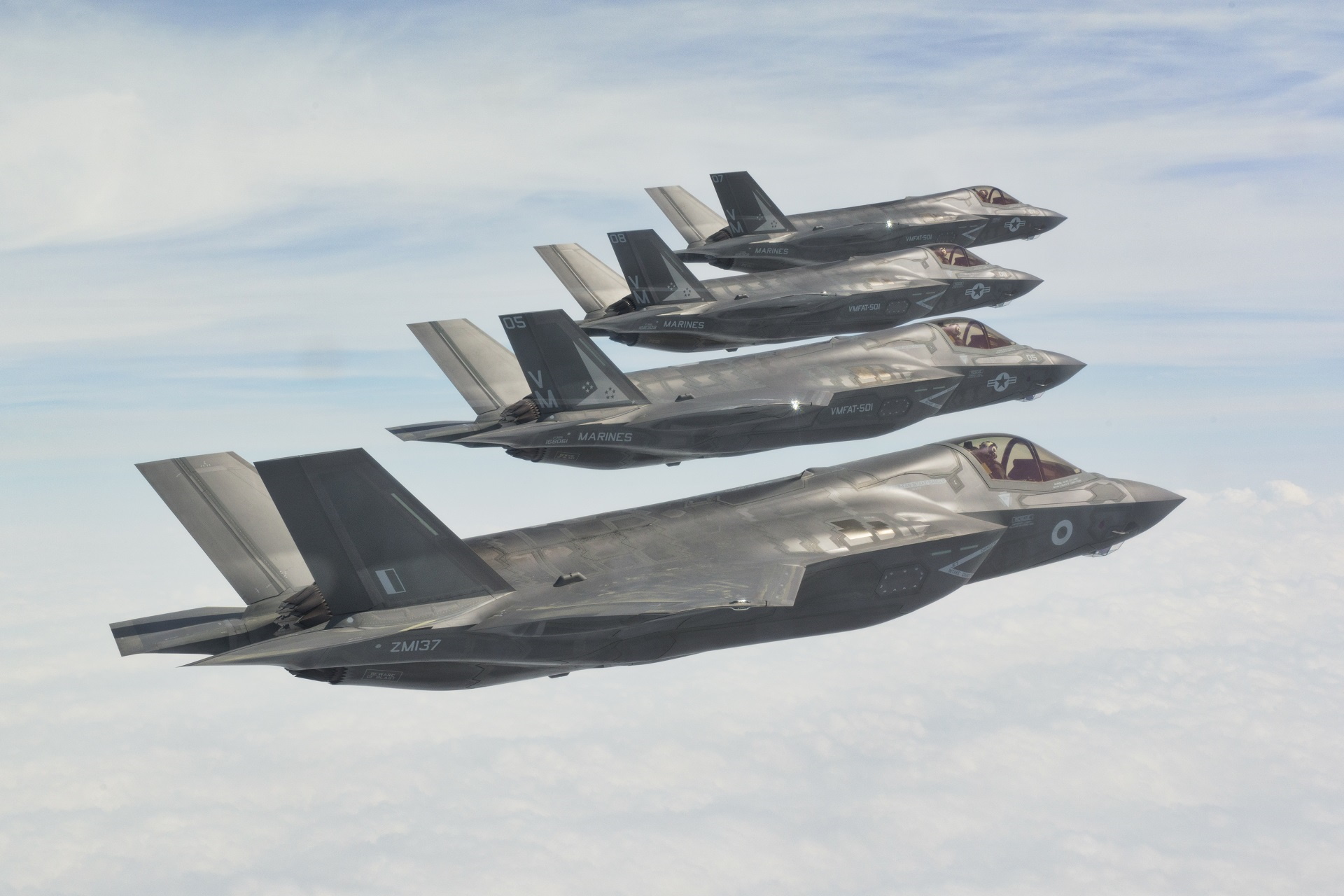
Staying on track
Dr Ng also gave an update on the acquisition of SAF assets, and training projects.
The acquisition of the F-35 Joint Strike Fighter remains on track and four F-35Bs will be delivered by 2026.
The RSAF's Aster-30 missile system is on schedule to achieve Initial Operational Capability and will be stood up for 24/7 operations in the coming months. It will replace the I-Hawk ground-based air defence system.
The RSAF's A330 Multi-Role Tanker Transport is also set to achieve Full Operational Capability in the next few months.
On the other hand, there will be delays in the delivery of the H225M Medium Lift Helicopter and the CH-47F Heavy Lift Helicopter. Due to supply chain disruptions arising from the COVID-19 pandemic, both aircraft will be delivered from early 2021 instead of end-2020.
Similarly, the RSN's first Invincible-class submarine is expected to be delivered to Singapore by 2022, instead of 2021.
However, the replacement of the RSN's Victory-class Missile Corvettes with the Multi-Role Combat Vessels (MRCVs) is still proceeding as planned, with six MRCVs expected to be delivered by 2030.
Dr Ng also said that the SAF's Island Defence Task Force (IDTF) will establish a new Island Defence Command, Control, Communications, Computer and Intelligence Surveillance and Reconnaissance battalion.
Equipped with sensors and data analytic systems to support the IDTF's intelligence and operational needs, it will manage an enhanced Command and Control Information System, as well as the IDTF's digital communications systems. This new battalion will be inaugurated by the end of this year.
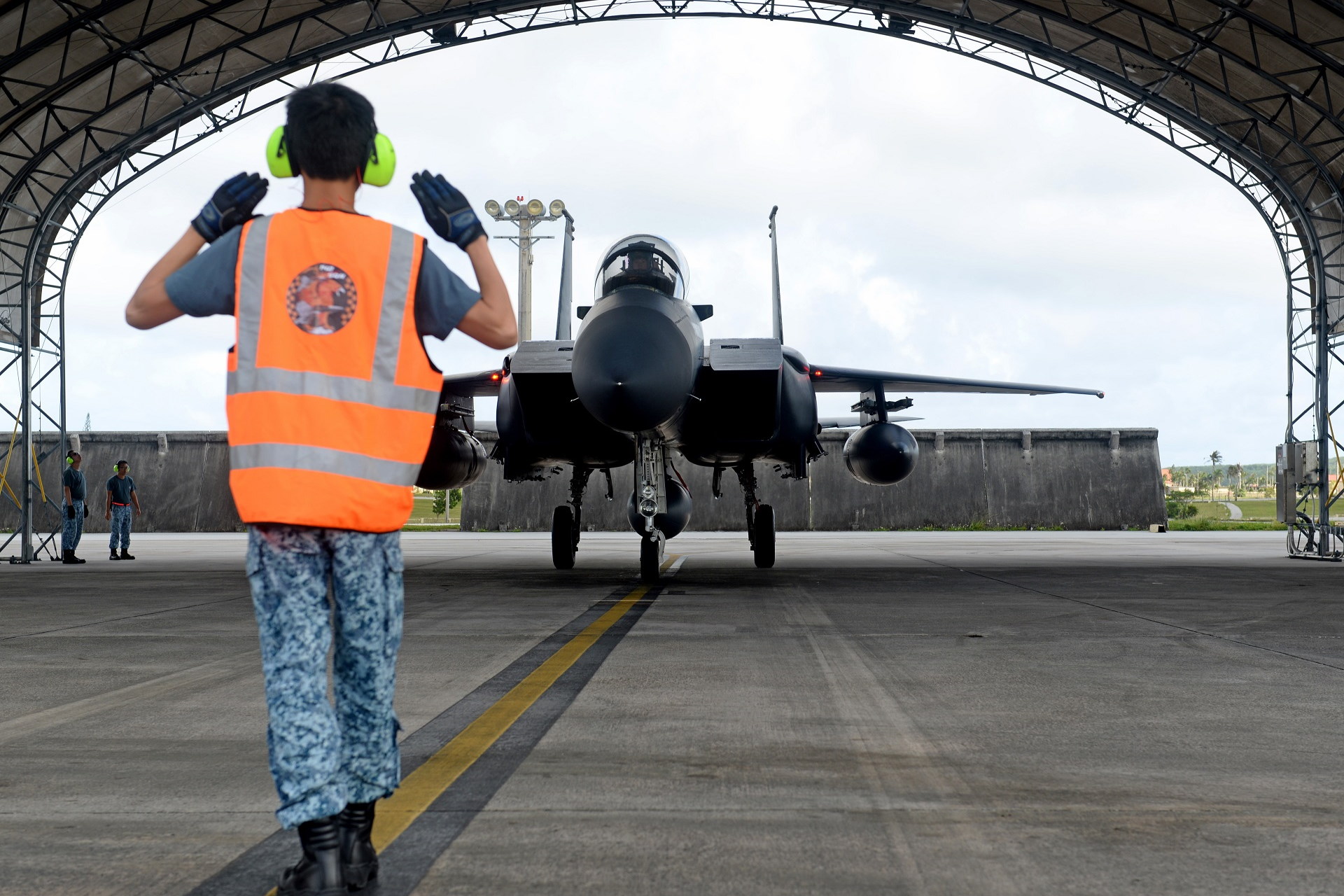
Overseas and local training projects
Over in Australia, construction of the expanded Shoalwater Bay Training Area – including key training facilities such as the Combined Arms Air-Land Ranges and the Urban Operations Live-Firing Facilities – is on track to commence later this year and be completed by 2024, said Dr Ng.
The establishment of an RSAF Fighter Training Detachment at Andersen Air Force Base in Guam is also progressing well with no major delays expected. Set to be completed in 2029, the detachment will allow the RSAF to conduct more complex, realistic and larger-scale training to hone its capabilities.
Closer to home, the construction of SAFTI City was suspended during the circuit breaker period, which resulted in an estimated delay of six to nine months. This pushes its completion back by a year, to 2024.
Adapting to the new normal
As Singapore continues to fight against with the pandemic, so must the SAF, said Dr Ng.
"The SAF must lean forward; it's a national effort. If we don't deal with the epidemic locally and it gets out of hand and overwhelms the national healthcare system, it will affect security (as well)."
National Service (NS) units, such as the combat surgical hospital unit, were also deployed to support the care of Community Care Facility at the Singapore EXPO.
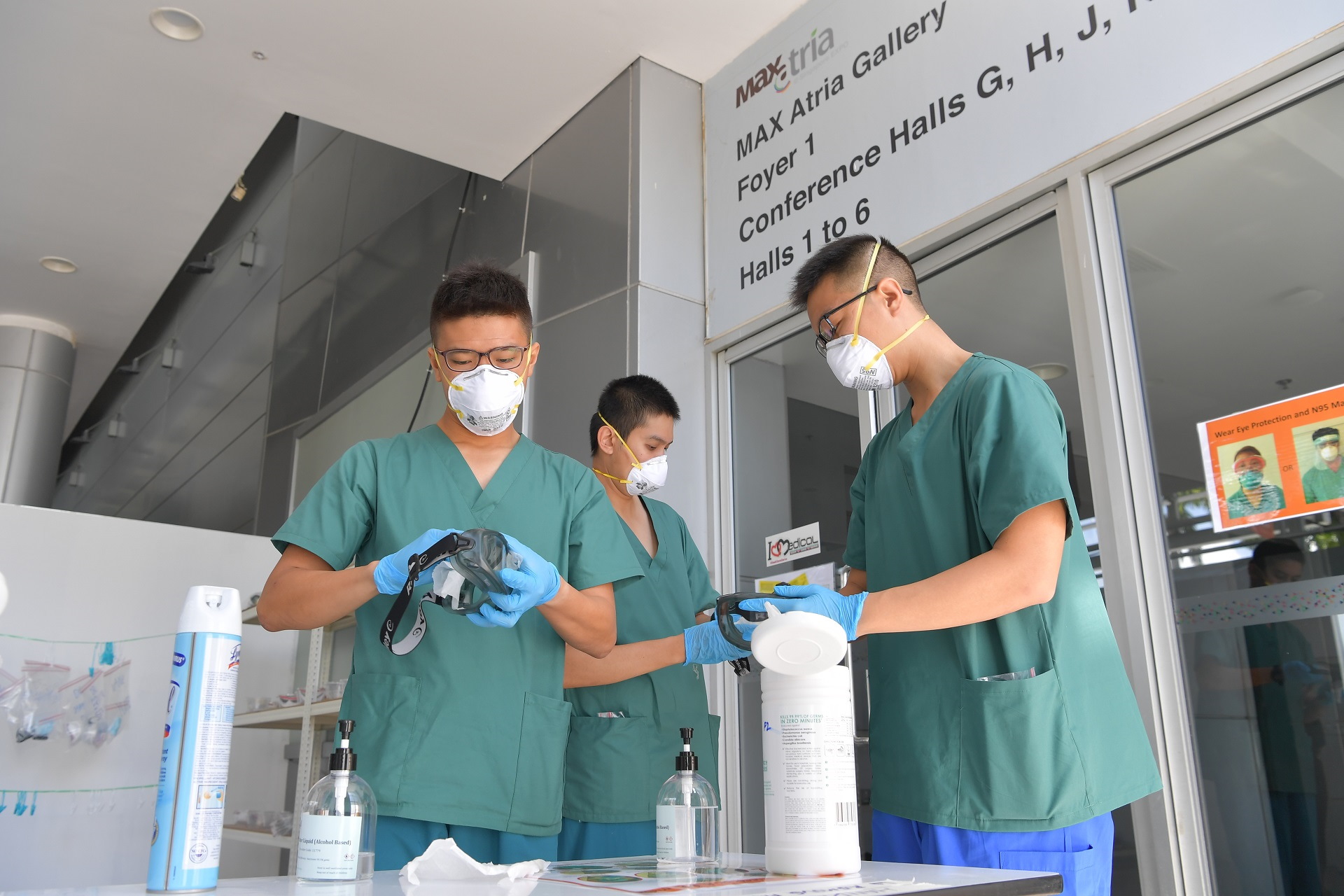
But even as the SAF contributes to fight COVID-19, it cannot compromise on critical operations. While the SAF continues to train as much as possible during this period, Dr Ng hopes that troops can hone their capabilities in overseas exercises soon.
Dr Ng also noted that the NS Review Committee, which was previously announced at the Committee of Supply debate earlier in March, is making good progress and will be able to provide more details of the review areas progressively.
These include areas such as better matching of skills to vocations, and improving the outcome and efficiency of Operationally Ready NS activities like IPPT and the Make-Up Pay system.
"We have to respond nimbly to the post-COVID world," concluded Dr Ng.
"As we adapt our practices, we will remain steadfast in our commitment to protect Singapore and our interest. And MINDEF and the SAF's commitment to national security will continue with the strong support of our government and people."
ALSO READ IN OPS & TRAINING
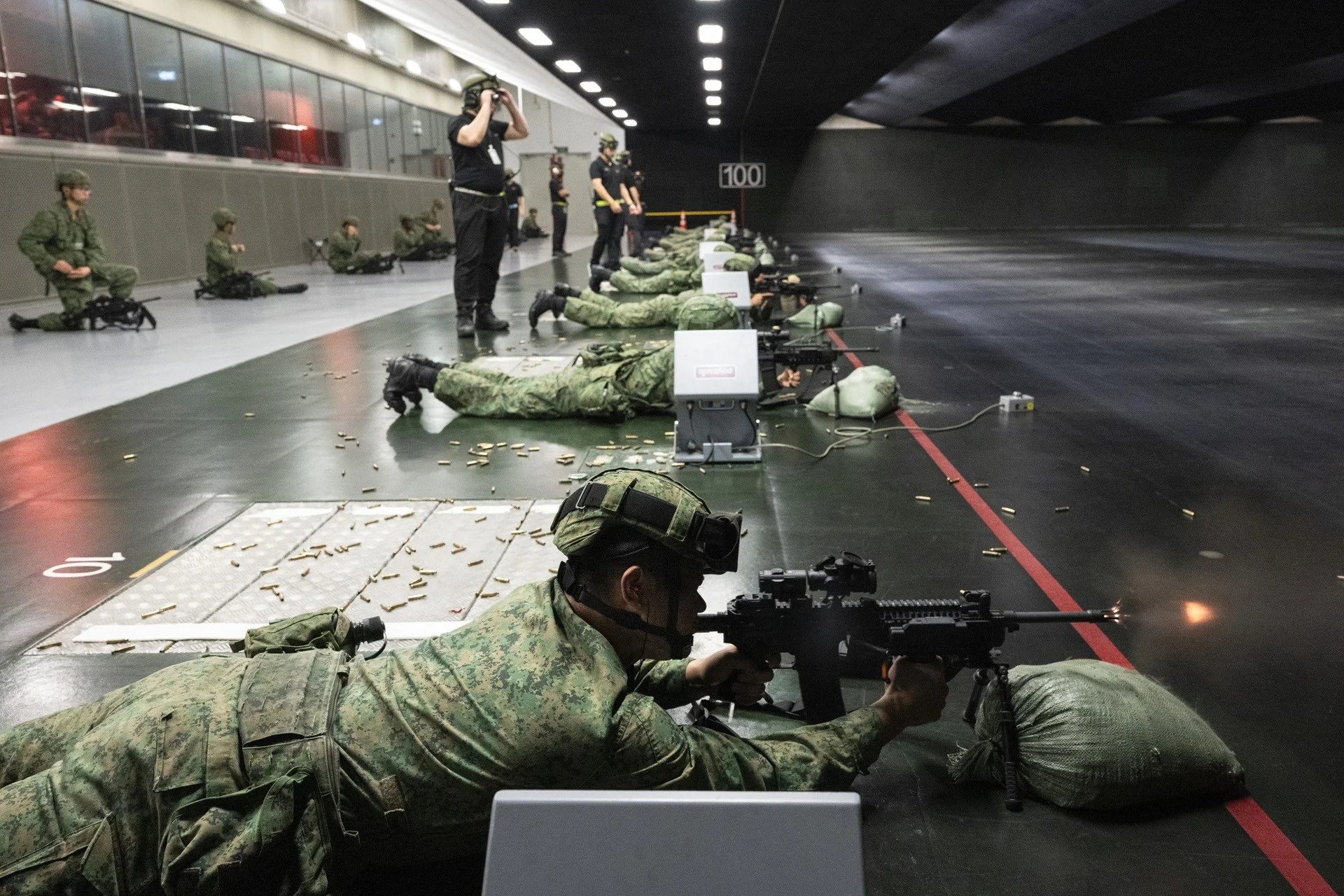
New firing range complex at Bedok Camp; Medical Classification System to be redesigned
27 Feb 2026
To train soldiers for a more complex environment, the SAF will build a new Multi-Mission Range Complex, as well as introduce opportunities for national servicemen to take on new roles, and more ways to volunteer.
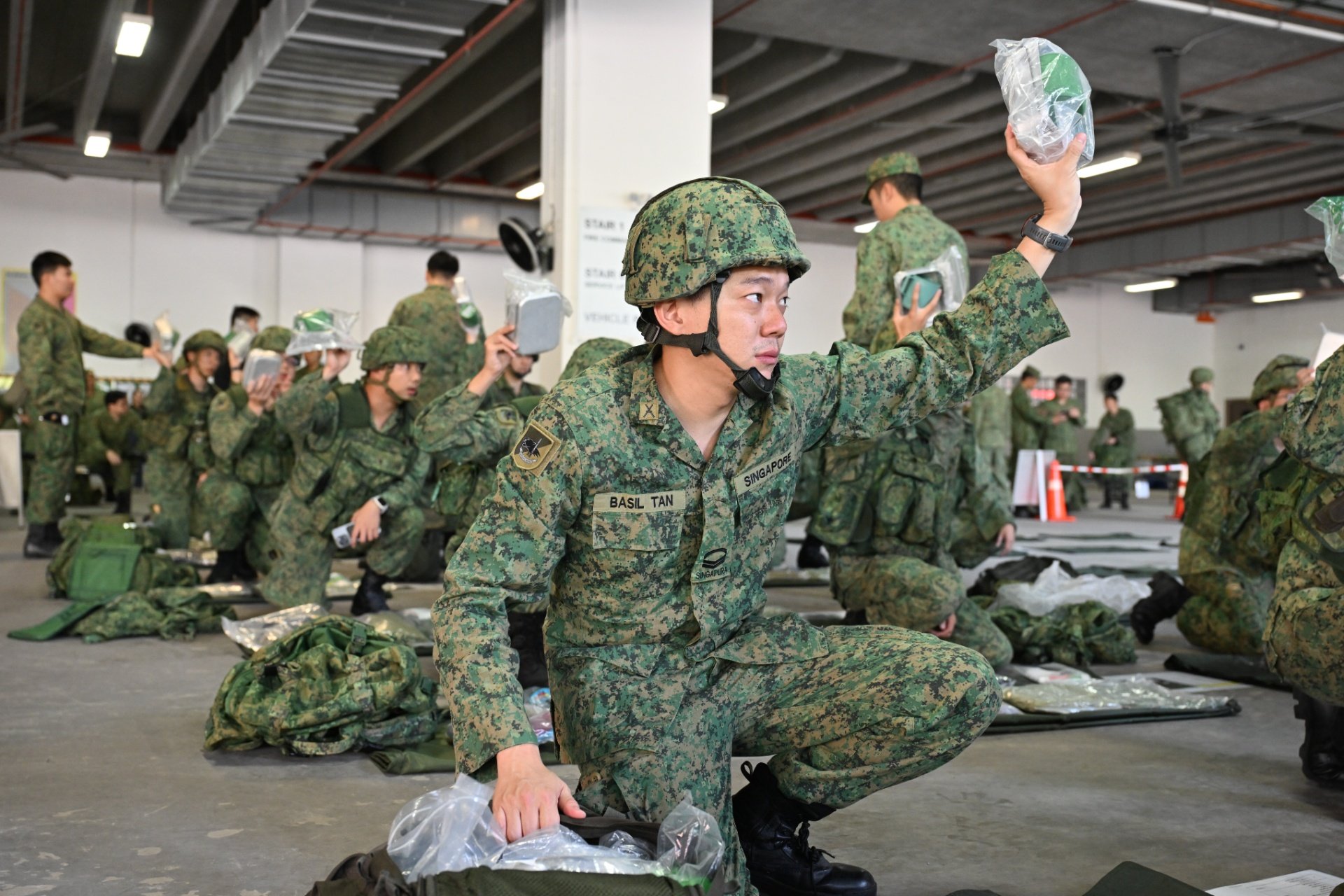
Reaffirming their commitment to defence
07 Feb 2026
Over 3,000 NSmen displayed their commitment to Singapore’s defence at a MOBEX in Selarang Camp.
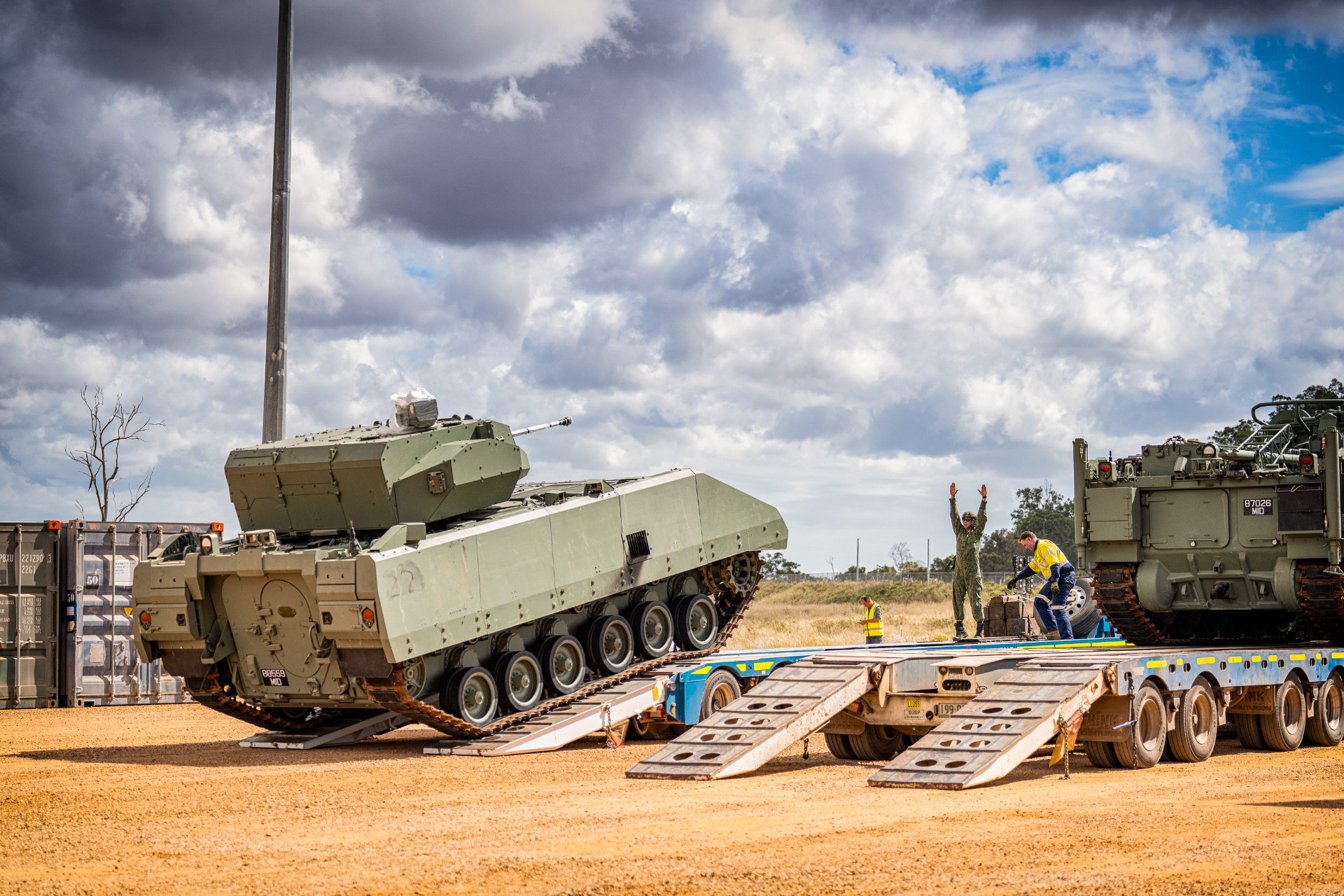
First in, last out at Ex Wallaby 2025
06 Nov 2025
Meet the teams who toil behind the scenes to enable the smooth conduct of the SAF’s biggest unilateral overseas exercise.


